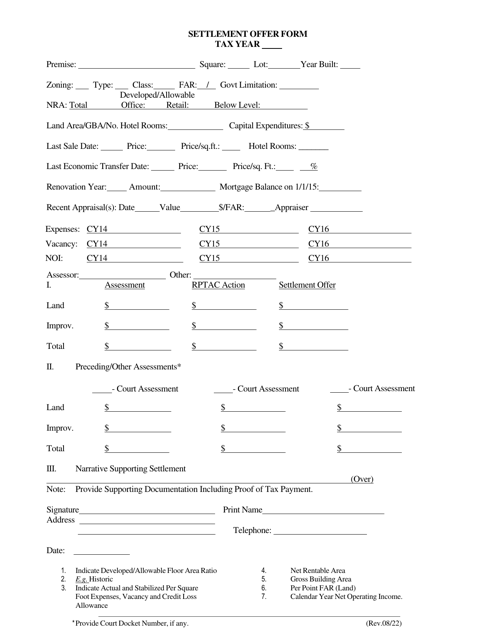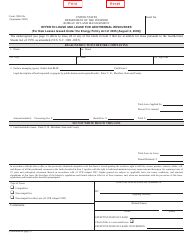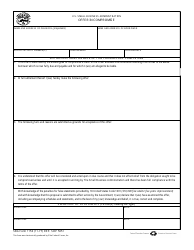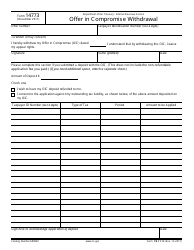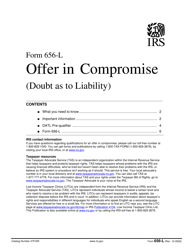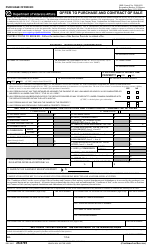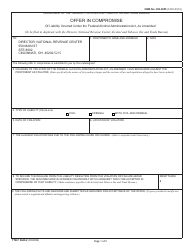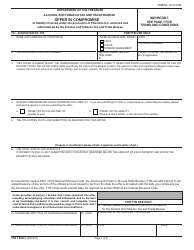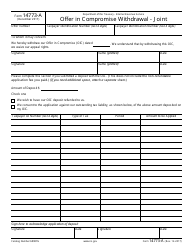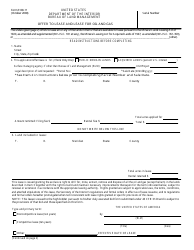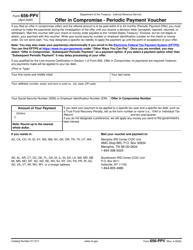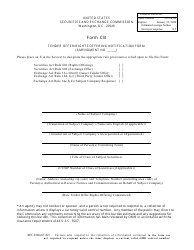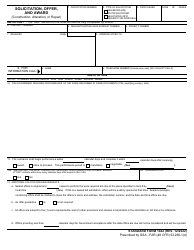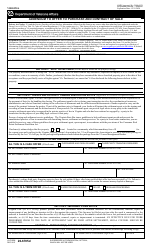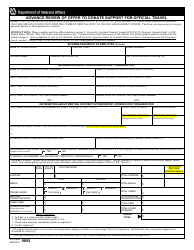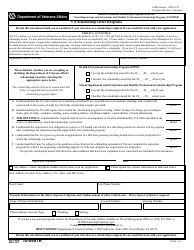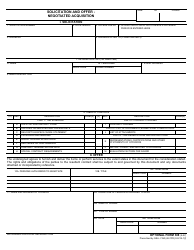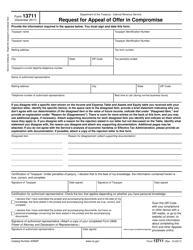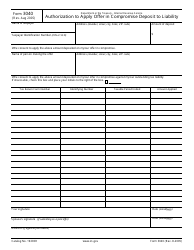Settlement Offer Form - Washington, D.C.
Settlement Offer Form is a legal document that was released by the District of Columbia Courts - a government authority operating within Washington, D.C..
FAQ
Q: What is a settlement offer form?
A: A settlement offer form is a document that outlines an offer made by one party to another to resolve a legal dispute.
Q: What is the purpose of a settlement offer form?
A: The purpose of a settlement offer form is to propose a resolution to a legal dispute in order to avoid going to court.
Q: Who can use a settlement offer form in Washington, D.C.?
A: Any party involved in a legal dispute in Washington, D.C. can use a settlement offer form.
Q: What information should be included in a settlement offer form?
A: A settlement offer form should include details about the dispute, proposed terms of settlement, and a deadline for response.
Q: Is a settlement offer form legally binding in Washington, D.C.?
A: A settlement offer form is not automatically legally binding in Washington, D.C. It becomes legally binding if both parties agree to the terms and sign the form.
Q: Can a settlement offer form be used in any type of legal dispute?
A: Yes, a settlement offer form can be used in various types of legal disputes, including but not limited to personal injury, contract, or employment disputes.
Q: What happens if the other party rejects the settlement offer?
A: If the other party rejects the settlement offer, the parties may proceed with further negotiations, mediation, or consider other legal options such as filing a lawsuit.
Q: Is it recommended to consult an attorney before using a settlement offer form?
A: It is generally recommended to consult with an attorney before using a settlement offer form to ensure your rights and interests are protected.
Q: Can a settlement offer form be used in other states?
A: Yes, settlement offer forms can generally be used in other states, but specific laws or requirements may vary.
Form Details:
- Released on August 1, 2022;
- The latest edition currently provided by the District of Columbia Courts;
- Ready to use and print;
- Easy to customize;
- Compatible with most PDF-viewing applications;
- Fill out the form in our online filing application.
Download a printable version of the form by clicking the link below or browse more documents and templates provided by the District of Columbia Courts.
